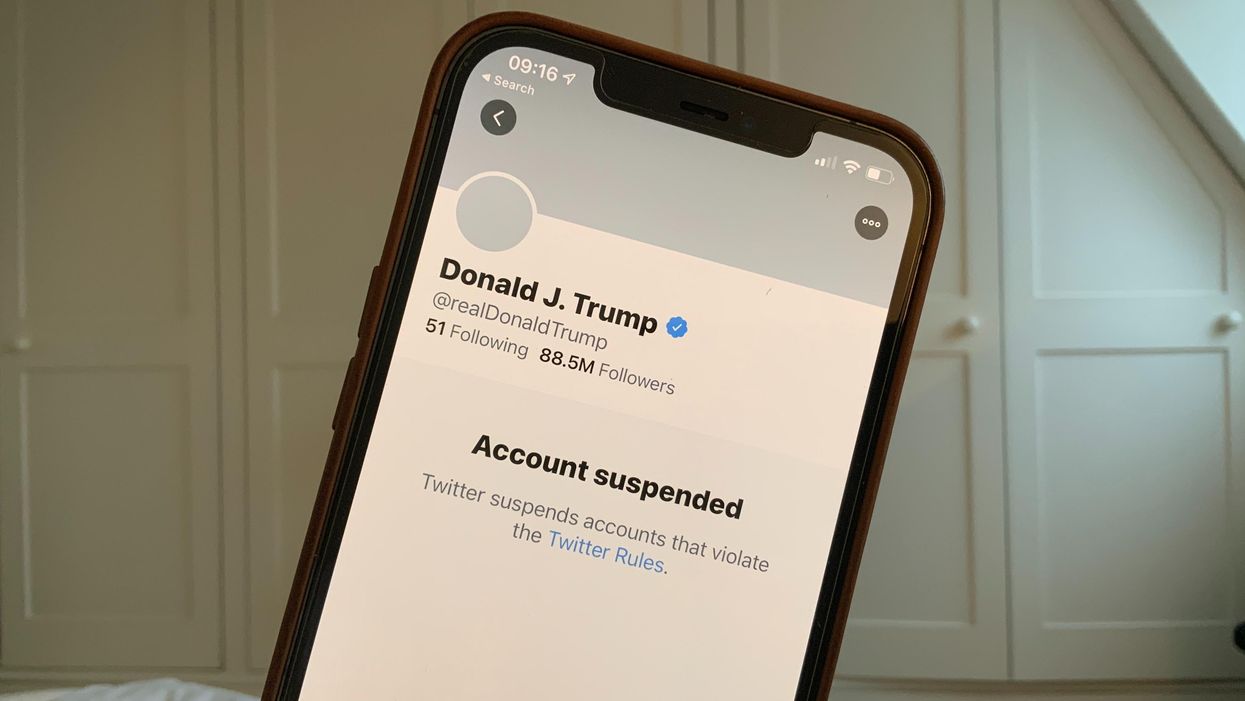Donald Trump says his ban on people entering the country from seven predominantly Muslim countries wasn’t a Muslim ban. But it was a Muslim ban, according to Trump surrogate Rudy Giuliani.
Let’s get something straight. Most Americans, your author included, want stringent vetting of immigrants entering the country. I can easily envision Islamic terrorist groups trying to sneak operatives into this country. It’s a fact that some terrorists have entered Europe hiding in the flood of refugees.
But there are other facts. Not a single refugee admitted to the United States has committed a fatal terrorist attack here. For that we can largely thank the comprehensive vetting process put into place by Barack Obama. If there’s room for improving the process, go ahead and make changes. But where is the need for even a temporary ban? That implies we are facing a dire emergency.
Americans concerned with national security, and count me in, can’t help but see dangers in the amateurish nature of this policy rollout, now frozen by the courts. Some may have found comic relief in Trump counselor Kellyanne Conway’s reference to the nonexistent “Bowling Green massacre.” But such dumb statements from top administration officials have turned America into an international laughingstock.
Trump himself tweeted that the attempted machete attack at the Louvre Museum in Paris showed the wisdom of his policy. It happens that the machete man (the only person injured) was an Egyptian living in the United Arab Emirates — two countries not on the Trump ban list (which skirted Muslim-majority countries in which the Trump Organization does business).
The most worrisome threat may be the Islamic State’s growing capacity to recruit American-born misfits, some with no family connection to the Mideast, and remotely direct attacks through the internet. One was Emanuel Lutchman, a convicted felon in Rochester, New York, planning to launch a New Year’s Eve assault on a bar. Federal and local law enforcement tell us that they rely on local Muslim residents to share information on suspected radical activity within their communities.
Trump’s point that Christians have been horribly persecuted in some Muslim countries is true. Not true is his contention that “if you’re a Christian, you have no chance.”
In fact, it is a lie. In the last year of the Obama administration, nearly as many Christian refugees were admitted to the U.S. as were Muslim refugees.
How might one express both support for refugee screening and displeasure with the Trump approach?
For one thing, let’s not take the need for vetting lightly. I am not the commissar for protest signage, but it would be helpful for its artists to avoid conveying the idea that anyone who wants in should get in.
I also avoid emotional anecdotes about so-and-so’s being delayed for hours at the airport — or some grandmother unable to reunite with a son’s family. Not every grandmother belongs in this country. We shouldn’t mind some entrants going through more paces, as long as there is a rational process whereby all comers are checked out and, once given the green light, can enter the country and go about their business.
Insulting vast swaths of humanity is not a thinking person’s path to national security. And when the good people we do business with and fight alongside are inconvenienced, we should also at least say, “Thank you for your time.”
In sum, let’s not confuse cruelty with being tough. But let’s also concede that we live in a dangerous world. Keeping the bad people out makes a country more accepting of the good people.
Follow Froma Harrop on Twitter @FromaHarrop. She can be reached at fharrop@gmail.com.
IMAGE: Ibrihim Al Murisi listens as his father tells reporters about their story as Yemeni nationals who were initially denied entry into the U.S. last week because of the recent travel ban, as they arrive at Washington Dulles International Airport in Chantilly, Virginia, U.S. February 6, 2017. REUTERS/Jonathan Ernst


